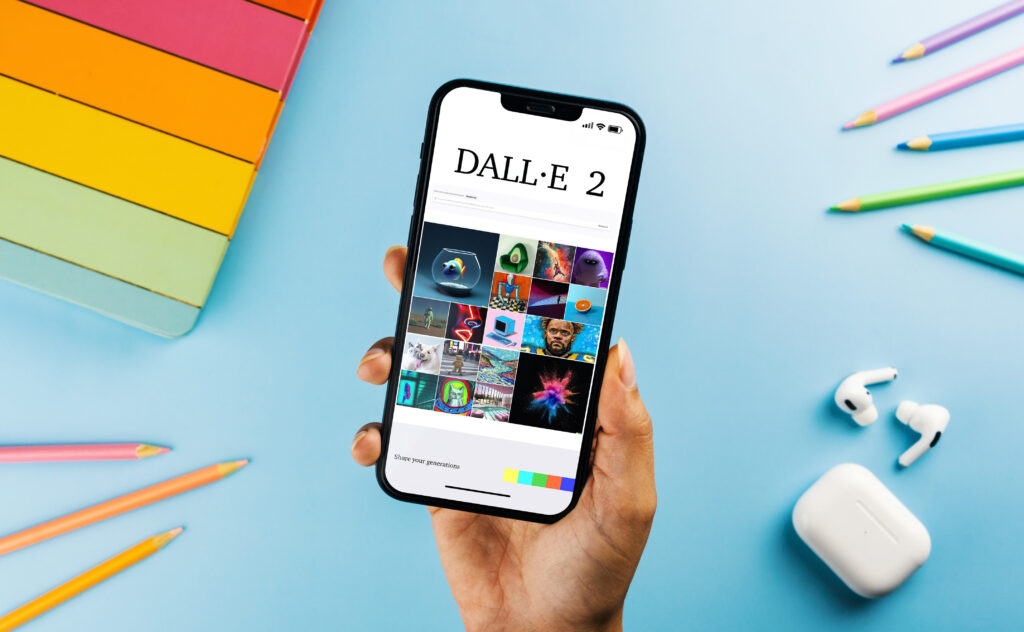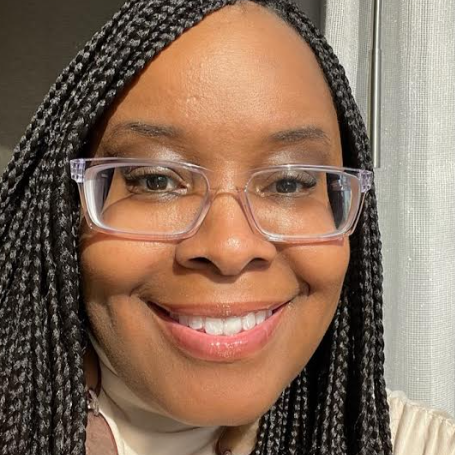
In November 2022, OpenAI captured the world’s attention with its release of ChatGPT, a generative artificial intelligence (AI) chatbot. Through a series of prompts, users could generate text on a seemingly infinite number of topics. The shockwaves reverberated strongest in education when educators (and students) discovered that ChatGPT could be used to draft essays and other forms of academic writing. There were calls for bans on the tool to prevent cheating, and others prophesied the end of the teaching profession. As the first anniversary of ChatGPT is here, what is the state of AI in education?
Generative AI is everywhere.
Text generators such as ChatGPT, Bard and Bing are not the only types of generative AI available. Image generators such as DALL-E, Midjourney and Craiyon generate images from text prompts. Some tools can also generate audio and video. But now, educators are using these tools to draft letters, plan lessons and create assessments. Students also have access to generative AI, but contrary to popular belief, they aren’t using it to cheat. Many students have indicated they employ it as a tutor to help them understand challenging topics. EdTech companies have responded to the demand for AI tools by creating various products promising to save teachers time and enhance productivity.
Knowledge of AI has expanded.
AI has been in education since the late 1960s, but the release of tools like ChatGPT launched the conversation into the mainstream. News reports featuring AI-related information were published daily, and readers learned of other uses of AI in education, including adaptive assessments, translation software and intelligent tutoring systems. The U.S. Department of Education even released a report titled “AI and the Future of Teaching and Learning” in May 2023. Multiple sources are available to learn about AI, including articles, webinars, virtual professional development and websites such as Teach AI.
Policy has become a priority.
Given the proliferation of AI in education, there have been growing calls to enact policies and regulations to guide users. Local, state and national governments are hosting planning sessions and forming committees to develop and implement policies and set standards. Educational institutions are seeking policies that address academic integrity, safety and security. Adjustments are being made to data sharing agreements and memorandums of understanding between school districts and organizations. In addition, education leaders are revisiting student codes of conduct and acceptable use policies to ensure AI is addressed.
Unlike other educational trends that have come and gone, AI is here to stay. Applications of AI are prevalent in many areas of society, ranging from finance to medicine. To prepare students for an AI-powered future, educators at every level should continue to learn more about it and related technology.
Become the teacher you aspire to be with the education programs at American College of Education.

